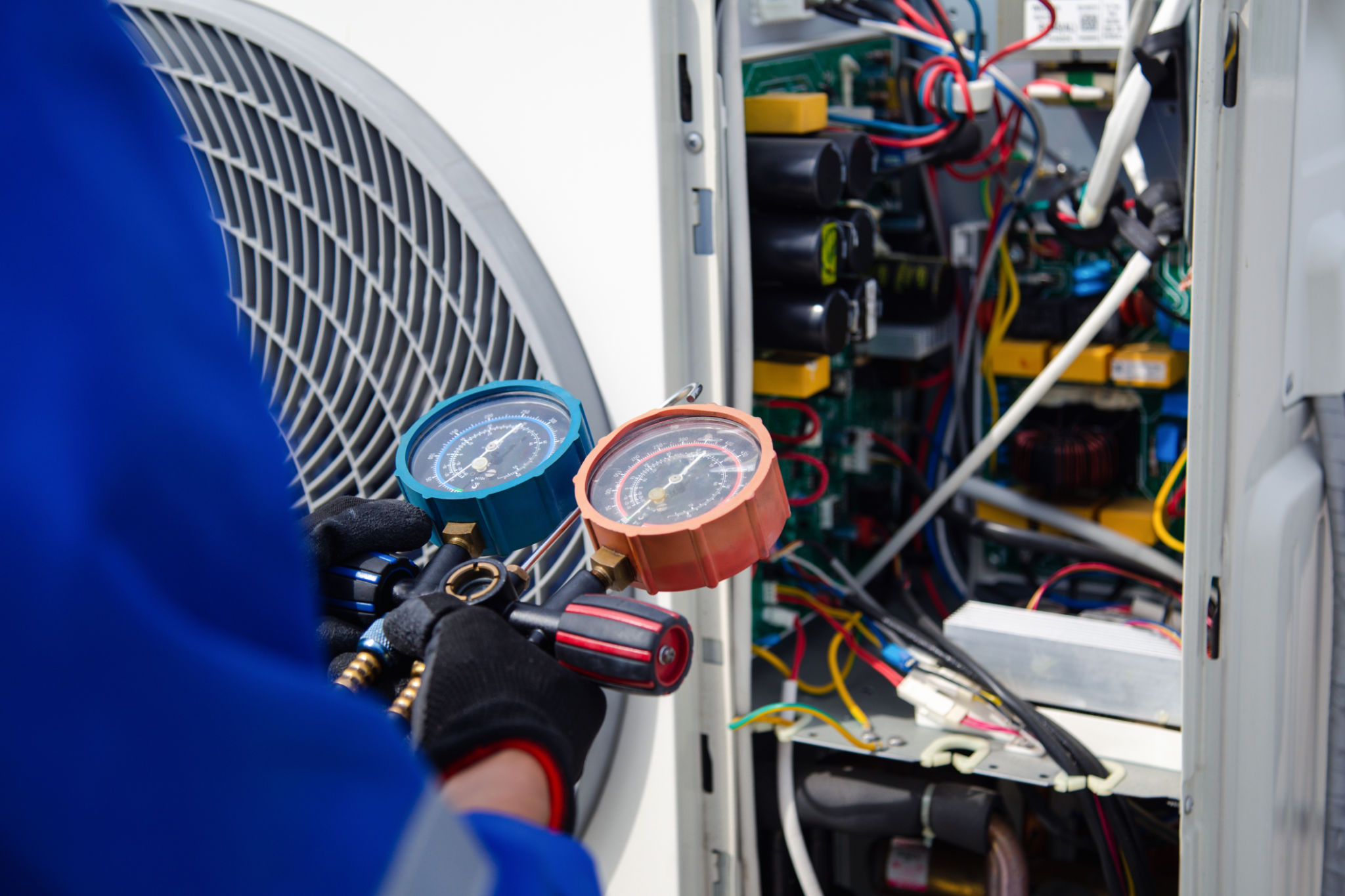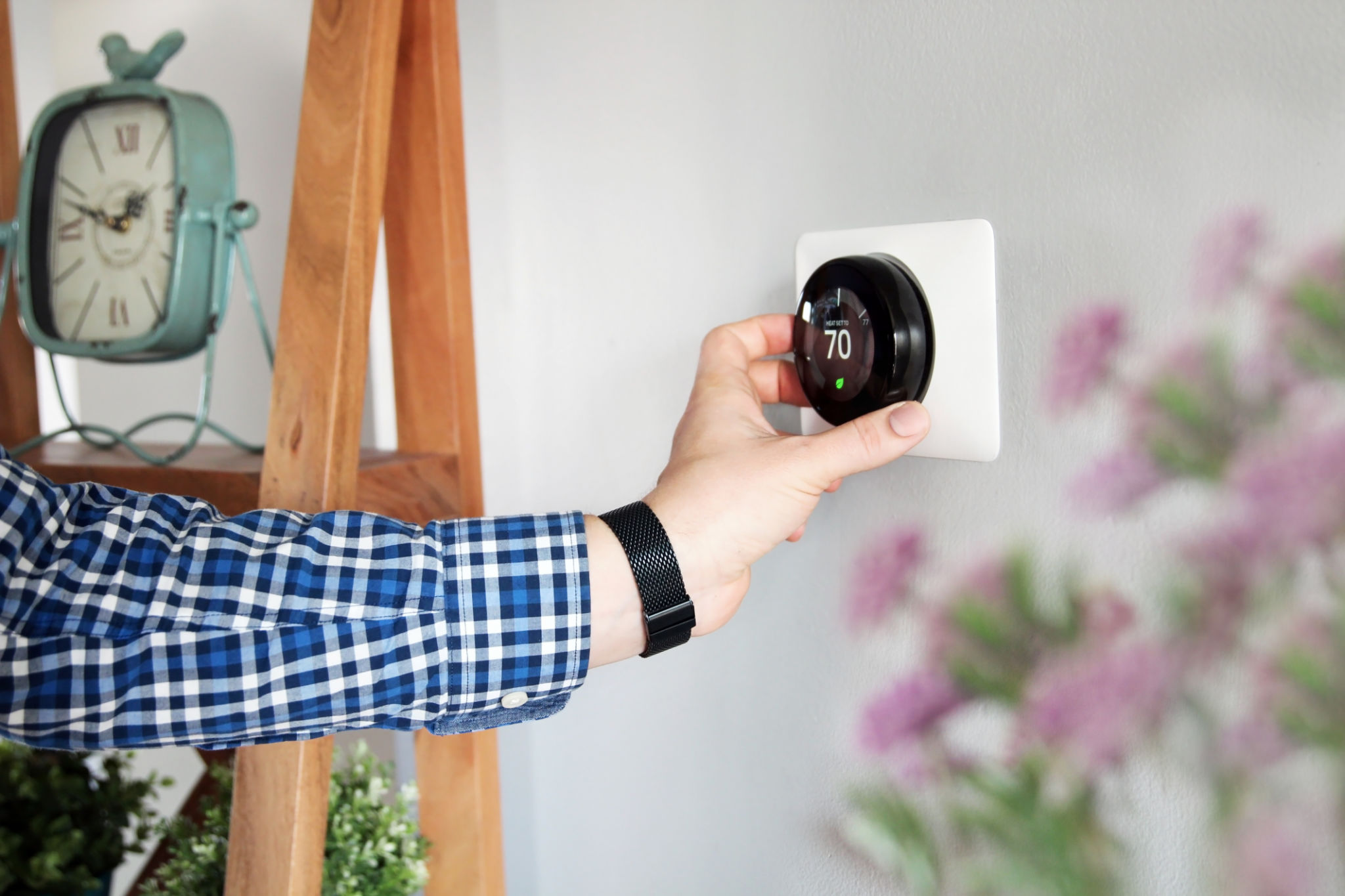Preparing Your HVAC System for Extreme Weather Conditions
Understanding the Impact of Extreme Weather on HVAC Systems
Extreme weather conditions can put a significant strain on your HVAC system, hindering its efficiency and potentially leading to breakdowns. Whether it's the scorching heat of summer or the biting cold of winter, your HVAC system must work harder to maintain a comfortable indoor environment. Understanding these impacts is crucial for preparing and protecting your system.

Conducting Regular Maintenance Checks
Regular maintenance checks are essential to ensure that your HVAC system is in optimal condition before extreme weather hits. Scheduling a professional inspection can help identify and address any potential issues that could become exacerbated under stress. During these checks, technicians will typically:
- Inspect and clean filters
- Check refrigerant levels
- Examine ductwork for leaks
- Ensure thermostat accuracy
By staying proactive, you can extend the life of your HVAC system and avoid costly repairs.
Optimizing System Efficiency
Efficiency is key when preparing your HVAC system for extreme weather. Simple adjustments can make a significant difference in performance. Consider upgrading to a programmable thermostat, which can help maintain consistent temperatures and reduce energy consumption. Additionally, sealing windows and doors will prevent drafts and help your system operate more efficiently.

Cleaning and Replacing Filters
Clean filters are vital for an HVAC system's efficiency and longevity. Dirty or clogged filters can restrict airflow, causing the system to work harder and consume more energy. It's recommended to check filters monthly and replace them every 1-3 months, depending on usage. This simple maintenance task can improve air quality and prevent unnecessary strain on your system.
Preparing for Power Outages
Extreme weather often leads to power outages, which can impact your HVAC system's ability to function. Having a backup power plan in place is essential. Consider investing in a generator to ensure your HVAC system continues to operate during outages. Additionally, surge protectors can safeguard your system from electrical damage when power is restored.

Insulating Your Home
Proper insulation plays a crucial role in maintaining indoor temperatures during extreme weather. Ensure that your attic, walls, and floors are adequately insulated to reduce the burden on your HVAC system. By minimizing heat loss in winter and heat gain in summer, you can help your system run more efficiently and lower energy bills.
Monitoring System Performance
Once the extreme weather arrives, it's important to monitor your HVAC system's performance closely. Pay attention to unusual noises, fluctuating temperatures, or increased energy bills, as these may indicate underlying issues. Addressing such problems promptly can prevent further damage and ensure continued comfort throughout the season.
In conclusion, preparing your HVAC system for extreme weather conditions involves a combination of regular maintenance, efficiency optimization, and strategic planning. By taking these proactive steps, you can ensure that your system operates reliably, providing comfort and peace of mind regardless of the weather outside.